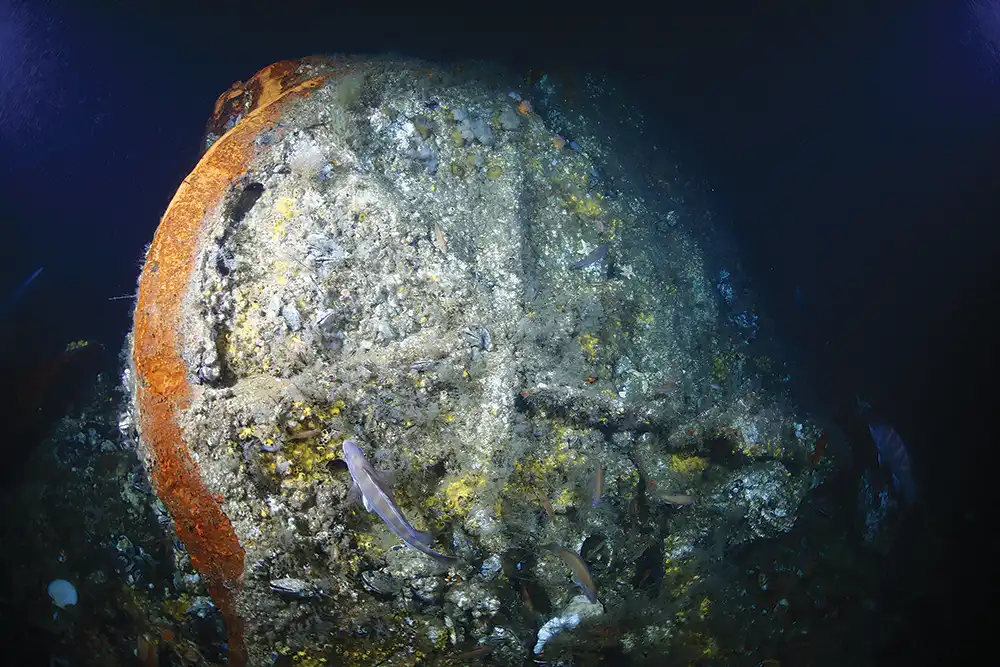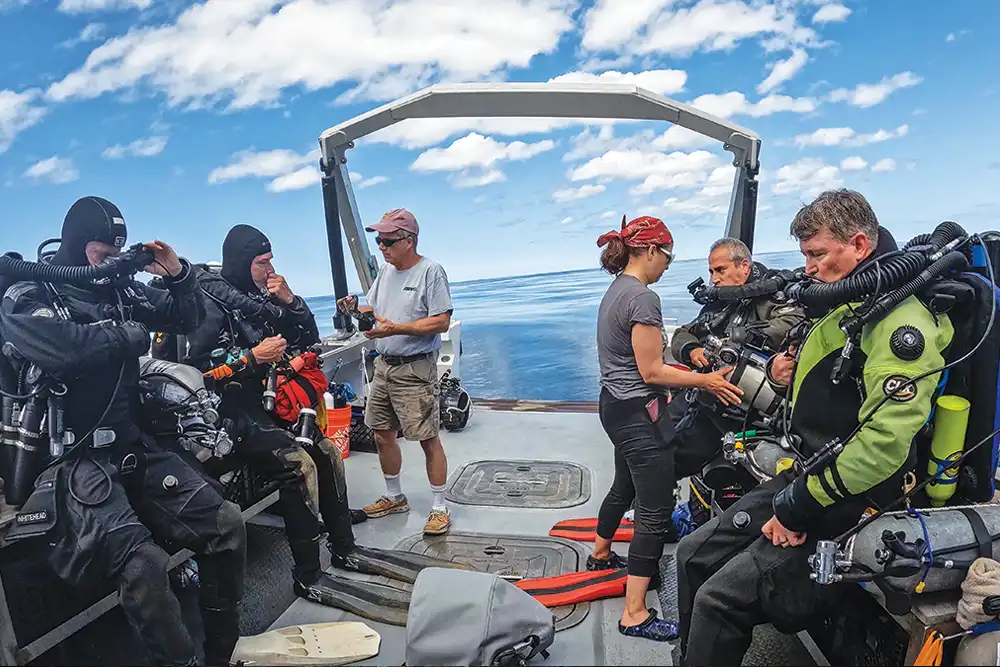
A review of The Adriatic Affair: A Maritime Hit-and-Run off the Coast of Nantucket By Jennifer N Sellitti, published by Schiffer Publishing
In November 1856, the French steamship Le Lyonnais sank with the loss of 114 lives, following a collision with the sailing
vessel Adriatic off the coast of Massachusetts.
The political aftermath of the incident would eventually lead to changes in maritime law, but it’s not a story that many people will have heard.

Jennifer N Sellitti’s The Adriatic Affair: A Maritime Hit-and-Run off the Coast of Nantucket is a brilliantly told account of events leading up to the sinking, the ordeal of the few passengers and crew who survived, and the political wrangling that followed, during a time of huge change for global travel.
In the mid-19th century, steam ships were a new and largely untested technology, rapidly replacing sailing vessels that had been developed over several millennia.
Le Lyonnais was one such ship, a hybrid sail-and-steam vessel en route from New York to Le Havre in France when, late at night and 200 miles (320 km) from shore, she was struck by the three-masted sailing barque Adriatic.
Le Lyonnais took on water and was left powerless as the flames under her boilers were extinguished. Her crew repeatedly attempted to signal their need for assistance, but there was no response from the sailing ship, leading them to believe it must have sunk.

In reality, Adriatic was only lightly damaged and made her way back to port, but Le Lyonnais was fatally wounded. She remained afloat in heavy seas in the brutally cold North Atlantic for another day while the crew and some of the passengers prepared to abandon ship, constructing a raft of scavenged doors and ropes to compensate for the shortage of lifeboats.
Only 18 people would survive the ordeal, and Sellitti tells their story in great depth; she has clearly done an extraordinary amount of research. Although the book often reads like a novel, every chapter is meticulously referenced, which the author credits to her profession as a criminal defence attorney who is ‘permitted to only argue the facts and reasonable inferences therefrom’.
The Adriatic Affair provides a wealth of background context to the story, including a potted history of the shipping industry from the development of ancient Chinese junks to the grandest of sailing vessels, the rise of the age of steam, and the increasingly competitive race to cross the Atlantic.
There is as much of a story in the aftermath of the sinking as there is leading up to and during it. Adriatic’s captain did not report the incident on his return, but his ship’s figurehead had broken off and landed on the deck of Le Lyonnais, so the ‘whodunnit’ part of the story was easy to determine.
How and why it happened, however, would play out in the newspapers almost like a modern-day social media spat, as anonymous commentators took sides in the letters pages, before the incident eventually reached the attention of the French and American governments.

Sellitti notes her intent to capture the human stories behind the tragedy in the book’s introduction, and she does it very well, from the horrors faced by the survivors at sea and the scrutiny they were subjected to on their return, to the fate of Adriatic’s captain, Jonathan Durham, who would become something of an international celebrity – and, perhaps, not the villain Sellitti had first believed.
The author also tells her own story as part of the team that, together with her husband, Joe Mazraani, and the crew of their dive boat DV Tenacious, risked much to dive so far offshore in search of the wreck of Le Lyonnais.
The fascinating 40-page epilogue takes a modest back seat to the main event, but provides a satisfactory sense of closure to the story.
The first shipwreck story that comes to most people’s minds is that of Titanic. It became all the more popular through James Cameron’s Oscar-winning movie, which did well, in large part, because of the human stories it told.
Titanic’s stories, however, were mostly fictional, unlike those recounted by Sellitti in The Adriatic Affair. This is an excellent book, well researched and well worth reading. Should Mr Cameron be looking for some new ideas, he should definitely pick up a copy.
More great book reviews
- Treasures, Shipwrecks and the Dawn of Red Sea Diving, by Howard Rosenstein
- The Diver and the Cook by Lasse Spang Olsen
- Alex Mustard’s 52 Assignments in Underwater Photography
- Sharkpedia, A Brief Compendium of Shark Lore by Daniel C Abel
- The High Seas, by Olive Heffernan
- Dylan Harrison instructor charged over her death - 9 February 2026
- The waters of Wakatobi are an artists’ muse - 6 February 2026
- Dylan Harrison’s family to sue PADI and NAUI over 12-year-old’s death - 3 February 2026



